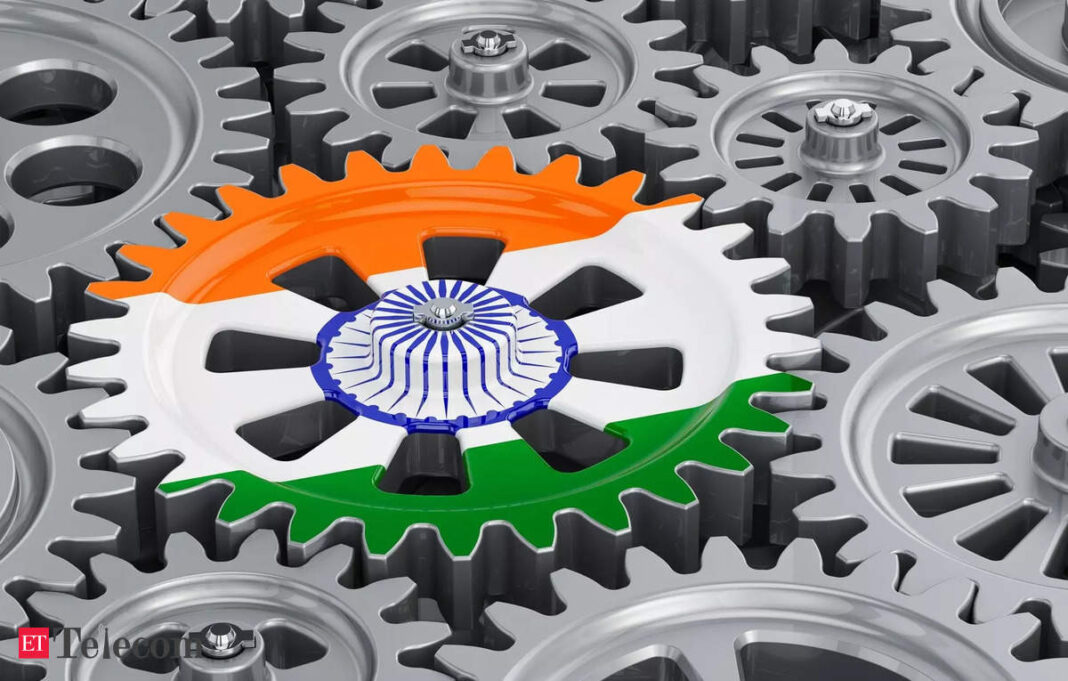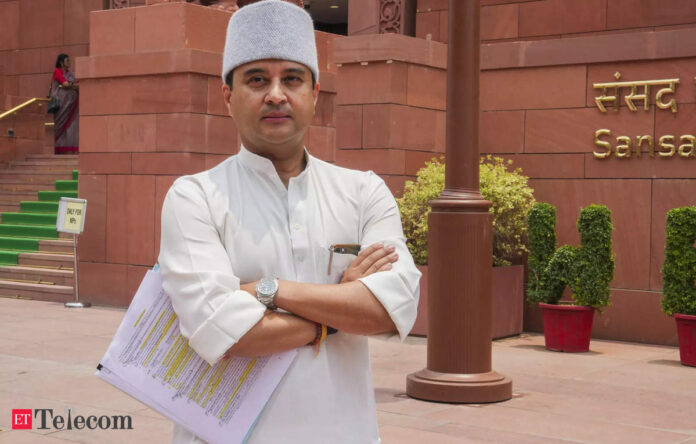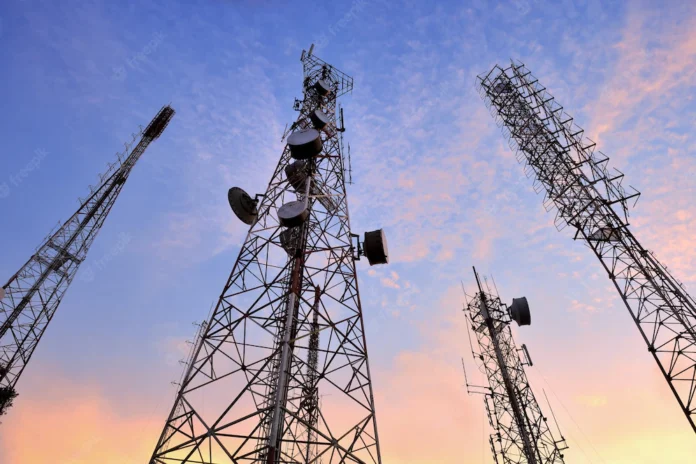In Short:
India’s production-linked incentive (PLI) scheme, launched in 2020, has attracted over $17 billion in investments to boost domestic manufacturing and reduce reliance on Chinese imports. The scheme offers 4-6% cash incentives to manufacturers across 14 sectors, including electronics and pharmaceuticals. It has successfully positioned India as a major hub for smartphone manufacturing, with Apple exports exceeding $12 billion in the 2023/24 fiscal year. The government aims to grow IT hardware production, approving incentives for 27 manufacturers, including Acer and Dell, to produce laptops domestically, aiming for $42 billion in production and reduced imports.
India’s Manufacturing Boom: Over $17 Billion Attracted by Cash Incentives
India is making waves in the manufacturing world, with government officials reporting that its cash incentives aimed at boosting domestic production have drawn in a whopping $17 billion in investments since the launch of the Production-Linked Incentive (PLI) scheme in 2020. This initiative is part of a broader strive to lessen reliance on imports from China.
What is the PLI Scheme?
The PLI scheme provides manufacturers with attractive cash incentives ranging from 4% to 6% on incremental sales across 14 sectors, including electronics, pharmaceuticals, textiles, and white goods.
Amardeep Singh Bhatia, Secretary of the Department of Promotion of Industry and Internal Trade, emphasized the scheme’s success in attracting investments and enhancing manufacturing capabilities.
India’s Rise in Electronics Manufacturing
India is fast becoming a global hub for electronics manufacturing, especially in the smartphone sector. In fact, we’re now the second-largest producer of mobile phones worldwide. Citing the achievement, Bhatia noted that Apple’s iPhone exports have surpassed $12 billion in the current fiscal year ending in March.
Significant Economic Impact
The financial incentives provided have led to a staggering production value of around 11 trillion rupees (approximately $131.6 billion) and the creation of nearly one million jobs over the past four years.
Future Plans: Beyond Mobile Phones
With the successful reduction of mobile imports from China, India is now gearing up to ramp up production in other tech areas like laptops, tablets, computers, and servers. Official sources have indicated a strategic move in this direction.
Recently, the government has extended the “import management system”, initially launched in November 2023, by three months. This system requires companies to register their laptop and tablet imports, signaling India’s intention to further cut imports, particularly from China.
Insights into the IT Hardware Market
According to consultancy firm Mordor Intelligence, India’s IT hardware market—including laptops—is valued at nearly $20 billion, with around $5 billion generated from domestic production.
New Strategies for Local Manufacturing
The new system for laptops, tablets, personal computers, and servers comes after the government revised its plan to impose a stricter licensing regime on imports for manufacturers like Apple, Dell, and HP.
In the initial phase, the government has already approved incentives for 27 IT hardware manufacturers, which include prominent names such as Acer, Dell, HP, and Lenovo. This initiative is expected to generate approximately $42 billion in production over the coming years.
Local Manufacturers Stepping Up
According to Ajay Srivastava, founder of the Global Trade Research Initiative (GTRI), there is a strong case for India to develop its own laptop manufacturing capabilities, especially as China accounted for over $9 billion of these imports in the 2023/24 fiscal year.
As incomes rise and education and business activities expand in India, the demand for laptops and other electronic devices continues to soar, creating a favorable environment for local manufacturing.
Dixon Technologies’ Ambitious Plans
Among the local electronics manufacturers, Dixon Technologies has qualified for the incentives scheme and aims to fulfill 15% of India’s domestic laptop demand by the fiscal year 2025/26.
Prithvi Vachani, Executive Director at Dixon Technologies, shared their ambitious plan: “Dixon plans to create a capacity of 2 million units by FY26, which will cater to 15% of India’s total requirement.”
Additionally, Dixon is forming partnerships with major global companies like HP to manufacture laptops and computers domestically, with intentions to source manufacturing components locally in the near future, Vachani added.





